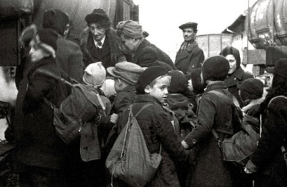
The Rise of Napoleon
"Is he lucky?” Napoleon would often ask when appointing a new general. He knew from his own life and career what that meant. He believed there was a lucky star guiding his destiny, and it shone on him from the moment of his birth. If he had been born two years earlier, he would have been Genoese, not French, since his native Corsica was only ceded to France in 1768. And he was lucky to be born a nobleman, because this status qualified him for admission into officer training schools in mainland France.
Yet he knew that however well he did, he could never hope to rise high in the royal army, since the most prestigious ranks were reserved for courtiers. In any case, mocked for his remote origins and Italian name and accent, he was not a happy cadet. He had plenty of ambition, but his youthful dream was to return to Corsica and lead a movement to liberate the island from French rule. He spent much of his first years as a commissioned officer back home on leave, seeking glorious native opportunities. But it was the French Revolution that provided them, on a much grander scale.
REVOLUTIONARY OPPORTUNITIES
Though not a political activist in 1789, Napoleon was sympathetic to the reformist aims of the Revolution, and at first he welcomed the return from exile of the former leader of Corsican resistance to French annexation, Pasquale Paoli. But Paoli was soon at loggerheads with the revolutionary regime that had initially allowed him back, and he was suspicious of the extensive and influential Bonaparte family. Months of increasingly bitter rivalry culminated in June 1793 in the whole clan being hounded out of the island. They took refuge in France, and from






